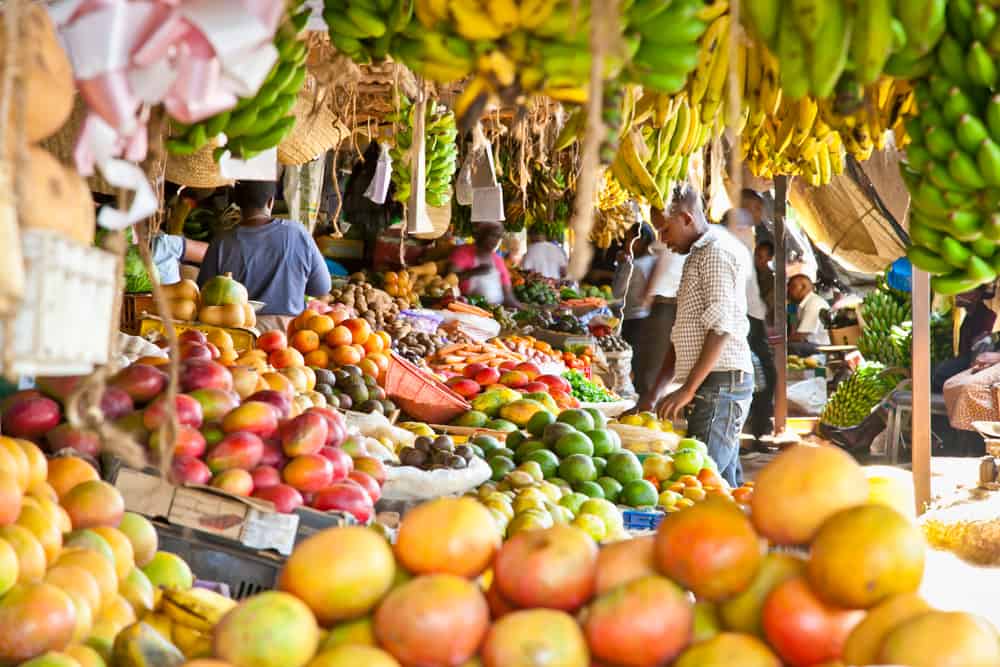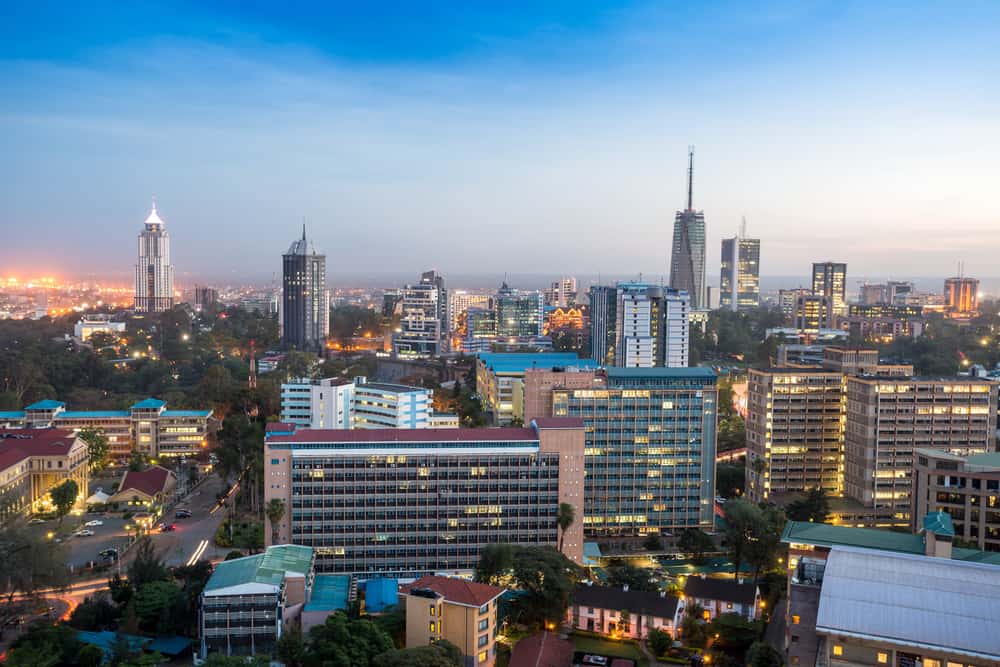MSMEs (Micro, Small and Medium Enterprises) in Africa are bridging a $331 billion lending gap using blockchain technology. Startups are using distributed ledgers to help informal economies in countries like Kenya to find loans easily and build their credit.
Applications developed by top MNCs, like IBM, are being utilized to bring the unbanked into the world of business finance. Experts suggested that distributed ledgers could help in organizing data better.
How Blockchain Helps the Informal Economy
Nairobi-based development economist Anzetse believes that technology is helping bridge the hundreds of billion dollars lending gap in Africa.
The figure, provided by the International Finance Corporation, a wing of World Bank, presents an opportunity for innovative businesses to help rebuild the continent’s creditworthiness.
Were said:
“Access to credit in the informal sector is not well-known because the data is neglected. If you want to penetrate markets in Africa, you need to have a strategy for the informal sector.”
In Kenya alone, small, medium, and micro-sized businesses demand an estimated $6.5 billion each year, as quoted by 4G Capital, which is a lender to small businesses in Uganda and Kenya. The informal sector is, currently, valued at over $20 billion.
4G CEO Wayne Hennessy-Barrett said:
“Sub-Saharan Africa has some way to go in building the financial infrastructure needed for MSMEs.”
The company is expecting to lend over $40 million in the next 12 months. It loaned $20 million last year.

Small Business Owners Find Support
A 40-year-old fresh-vegetable seller in Nairobi, Janeffer Wacheke, is one of the small business owners in the country who is enjoying the fruits of blockchain technology. She uses her mobile phone to get loans for buying tomatoes, bananas, and onions directly from the producers.
A Kenyan startup Twiga Foods Ltd. helps in delivering the produce to Wacheke. She saves time and cuts the costs of her goods while building her credit.
Wacheke said:
“My prayers have been answered. In business, you need to be fast. The more you pay, the more you get bigger loans, and the more you can sell. It has really helped me.”
As users keep utilizing this platform, daily orders are tracked and analyzed by the companies. Spending habits, payments, and demand for goods and services are, then, used to build a credit history of the traders.
Twiga is helping several other small businesses use blockchains to build credit using their mobiles. Developed by IBM, it is assisting African small businesses to handle a significant hindrance: lack of finance.
Banks Shy Away From MSMEs
East African banks are averse to providing funding to small businesses as they usually do not have any credit history. The institutions are unable to assess the creditworthiness of these businesses and individuals depending on traditional factors.
Habil Olaka, who is the CEO of Kenya Bankers Association, said:
“Currently, small businesses have trouble accessing credit, because they are assumed as a group, but if you have a good track record, you create your own score; therefore your performance in the credit market gives you access and better term.”
He noted that the technology should not be termed as a panacea for the informal sector, given the difficulties in assessing this sector.






